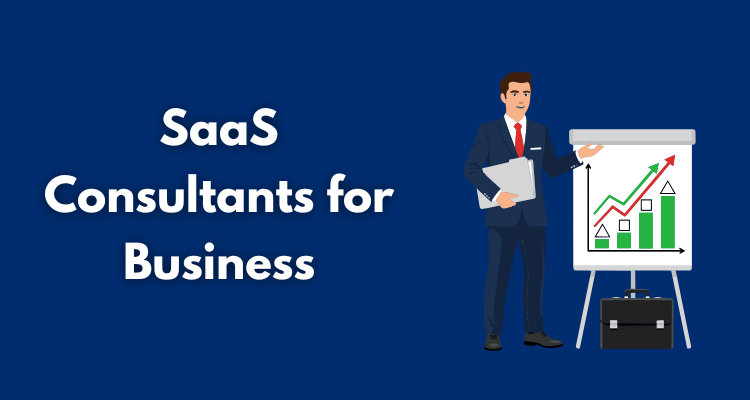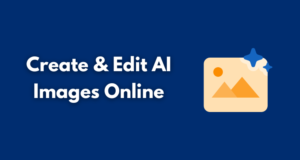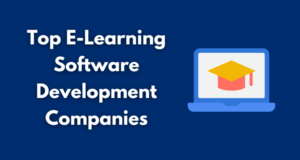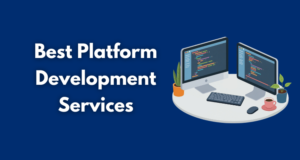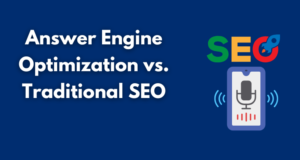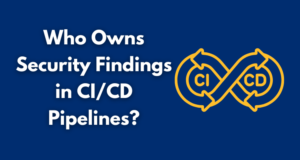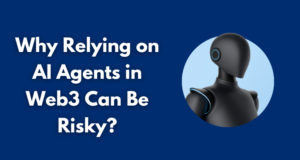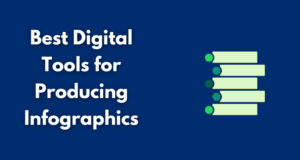2025 has brought new challenges for SaaS companies. Competition has increased almost fourfold compared to 2015. If five years ago the average SaaS product had 2-3 competitors, today there are almost ten.
In this reality, development mistakes become critical. According to McKinsey research, building custom software often exceeds the budget by 66%, is delayed by 33%, and delivers 17% less value than expected. This is where SaaS consultants come to the rescue, experts who help avoid typical pitfalls and build the right development strategy.
In this article, we’ll examine how professional consulting saves time and money and helps create a product that the market truly needs.
Table of Contents
ToggleWhy Companies Make Costly Mistakes in SaaS Development
Most failures in SaaS projects begin even before the first line of code is written. Founders often get carried away with technology and forget about the basics.
The first problem is the lack of thorough market research. Companies launch products that nobody needs or enter oversaturated markets without a clear understanding of competitive advantages. According to statistics, this is the most common reason for startup failures.
The second trap is promising clients features that haven’t been developed yet. Managers, eager to close a deal, guarantee customization that isn’t included in the roadmap. The result, the project is delayed for months, the development team works on non-priority tasks, and the client receives the product late and pays for two solutions simultaneously.
Typical development risks include:
- Incorrect choice of technology stack
- Ignoring architecture scalability
- Insufficient attention to data security
- Lack of multi-tenancy strategy
- Creating an overly complex MVP with dozens of unnecessary features
According to IBM data, the average cost of a data breach is $4.5 million. If the team doesn’t implement strong encryption and multi-factor authentication from the start, the company risks its reputation and significant financial losses.
The Role of SaaS Consultants in Risk Minimization
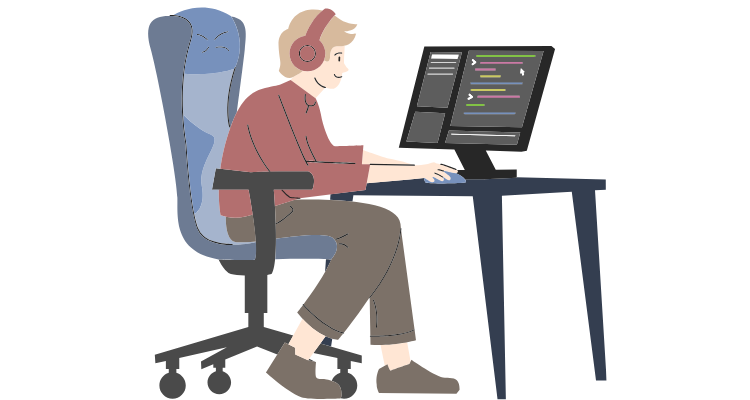
Professional consultants come to projects with a fresh perspective and experience from dozens of implementations. They see what founders, immersed in the details of their own vision, don’t notice.
This outside viewpoint becomes even more valuable as AI-driven platforms reshape how brands reach customers. With major shifts like ChatGPT ads entering the advertising ecosystem, consultants help businesses adapt early instead of reacting late.
They translate emerging ad formats into practical strategies that protect budgets while unlocking new growth opportunities. SaaS consultants help at all stages, from idea validation to MVP launch and subsequent scaling. Their value lies in knowing typical mistakes by heart and being able to prevent them in advance.
For example, an experienced SaaS application development company conducts product discovery, an in-depth analysis of the market, competitors, and target audience needs. This helps understand whether the product should be developed at all, which features are critical, and which can be postponed for later.
What working with consultants provides:
- Proven development methodology without unnecessary experimentation
- Technical expertise in choosing architecture and technology stack
- Strategic planning considering future growth
- Experience working with similar projects across different industries
- Objective assessment of goal and budget feasibility
Consultants also act as intermediaries between business and the technical team. They know how to translate business requirements into understandable technical language and vice versa, explain technical limitations in simple terms.
Cost-Saving Strategies from Experienced Consultants
Saving money is more than just cutting the budget. It’s smart resource allocation and avoiding expenses that won’t bring value.
The first strategy is the right MVP. Consultants help determine the minimum set of features that will allow testing the hypothesis and attracting first users. Instead of six months developing a full-fledged product, the team spends three to four months on a working prototype. This saves up to 40% of the initial budget and allows faster market entry.
The second important topic is choosing between custom development and ready-made solutions. Development teams always want to build everything themselves, but this isn’t always smart. Integrating ready-made services for analytics, payments, or communications can save months of work and significant costs.
Main cost-saving strategies include:
- Using cloud technologies instead of own infrastructure
- Modular architecture that allows gradually adding features
- Test automation to reduce QA costs
- Proper priority planning in the roadmap
- Avoiding premature optimization and unnecessary technologies
Consultants also help with pricing. Many startups make the mistake of setting prices too low to attract clients. Research shows that companies that later raise artificially low prices lose 20-40% of users during the transition. It’s better to immediately set an adequate price that reflects the product’s real value.
Technical Solutions That Prevent Costly Rework
Architectural decisions made at the project’s start determine the product’s fate for years to come. Changing the foundation at later stages is very expensive.
Multi-tenant architecture is one of the key elements of successful SaaS. It allows serving many organizations on one infrastructure with guaranteed data isolation. But implementing it correctly is a complex task. SaaS consultants help design architecture that will scale with the growth of the client base without major rework.
Data security is another critical point. 88% of users delete applications due to errors and crashes, and news about data breaches can destroy reputation in hours. Experts build security at all levels: from database encryption to secure APIs and regular code audits.
Technical advantages of working with consultants:
- Cloud-native architecture based on AWS, Azure, or Google Cloud
- Well-thought-out CI/CD system for rapid deployments
- Migration strategy from monolithic architecture to microservices
- Proper database organization for fast access
- Performance monitoring tools from day one
Consultants also help choose the right balance between native development and low-code platforms. Low-code and no-code solutions are becoming popular, it’s predicted that by the end of the year they will account for 65-70% of all application development. But they have limitations in scalability and customization that should be known in advance.
How to Assess the Quality of a SaaS Consultant
Not all consultants are equally useful. The market has both real experts with years of experience and theorists without real practice.
The first thing to pay attention to is the portfolio of completed projects. Ask to see real cases from similar industries, look at success metrics, app ratings, number of users, investments that clients attracted. Conversations with former clients will also give an objective picture.
Second, the team’s technical expertise. According to statistics, 82% of strong SaaS team employees have middle and senior experience levels. This is important because juniors can create an application, but architectural decisions require deep understanding.
What to look for when choosing:
- Experience working with your technology stack
- Understanding your industry specifics (healthcare, fintech, e-commerce)
- Transparent pricing model without hidden fees
- Ability to work with international teams
- Processes for investor-ready documentation
It’s also important that consultants understand the business side, not just technology. They should be able to justify why one solution is better than another in terms of ROI, not just because it’s “more modern” or “trendier.”
Time from idea to MVP is a good indicator of process maturity. Quality teams can create a working prototype in 3-4 months without sacrificing quality. If a consultant promises everything in a week, that’s a red flag, and if they say an MVP needs a year, you’re overpaying or working with an inefficient team.
SaaS Consultants, Development Risks, and Cost-Saving Strategies
Developing a SaaS product is a complex process full of pitfalls. Without experience, companies spend 66% more money, 33% more time, and get 17% less value than planned. That’s why engaging SaaS consultants becomes not a luxury but a smart investment.
Professional consultants help identify development risks at early stages when fixing them doesn’t yet cost millions. They know where companies traditionally make mistakes, from choosing technologies to market entry strategy.
Implementing cost-saving strategies from experts allows optimizing the budget without compromising quality. The right MVP, smart architecture, using ready-made solutions where appropriate, these are all components of a successful launch.
The main thing is to choose consultants who understand SaaS specifics and have proven experience. A portfolio of real projects, a team of experienced specialists, and transparent communication, these are signs of a partner worth working with. In the dynamic world of 2025-2026, where competition grows daily, quality consulting can become that competitive advantage that takes your product to the next level.

